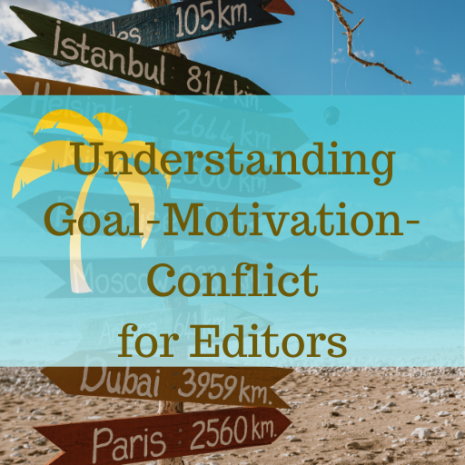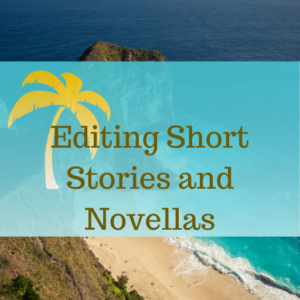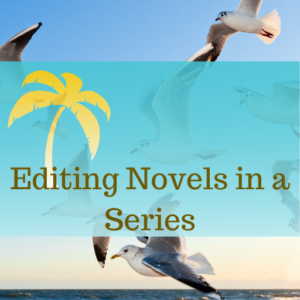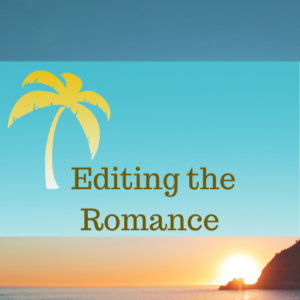Understanding Goal-Motivation-Conflict for Editors
$80.00
Description
$80 (Members: $72) | How to edit for goal-motivation-conflict | 4 lessons | Self-paced | Intermediate
When it requires three cups of full-strength coffee to get past the first chapter of the novel manuscript you’re editing, you’re probably dealing with a story that lacks goal-motivation-conflict (GMC). Unlike in our personal lives, in fiction we need conflict in order to engage with the story. When there’s little to drive the narrative forward and give you a reason to keep turning pages, the only reason to keep turning pages is because you’re getting paid.
That’s bad news for an author and their readers. It can also be challenging for you, even if you are getting paid: problems with GMC are among the most common developmental issues you’ll encounter, but they’re also difficult to spot and challenging to resolve. They affect everything from plot to character development.
In order to understand how conflict works in fiction, you need to become familiar with the eternal trifecta of goal, motivation, conflict (GMC). This class shows you how to spot GMC problems and what to do about them once you have.
In this class, we’ll dig into:
- Identifying character goals and motivations and understanding how these lead to conflict
- What types of story goals work for characters and how they evolve
- Helping authors develop believable, clear motivations for characters
- What story conflict is and how authors create it (or don’t)—and what you can do to fix it
- how character development impacts GMC
- how conflict impacts story structure and vice versa
Throughout, I’ll discuss ways you can help the author revise GMC and strengthen conflict using what’s already in the story rather than just pasting your ideas onto the author’s work.
This class is intended for editors who have some experience with the developmental editing of fiction or who have taken basic classes in developmental editing of fiction. It assumes that you know how to write an editorial query and that you understand what basic storytelling concerns like world-building/setting mean.
The class is entirely online and asynchronous (you don’t have to be in any particular place at any particular time to participate).





